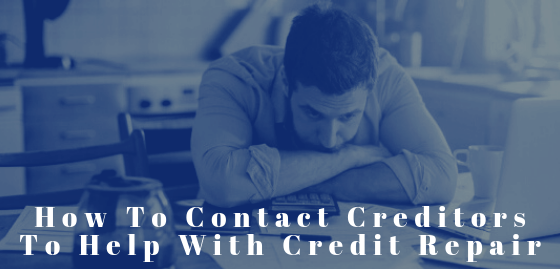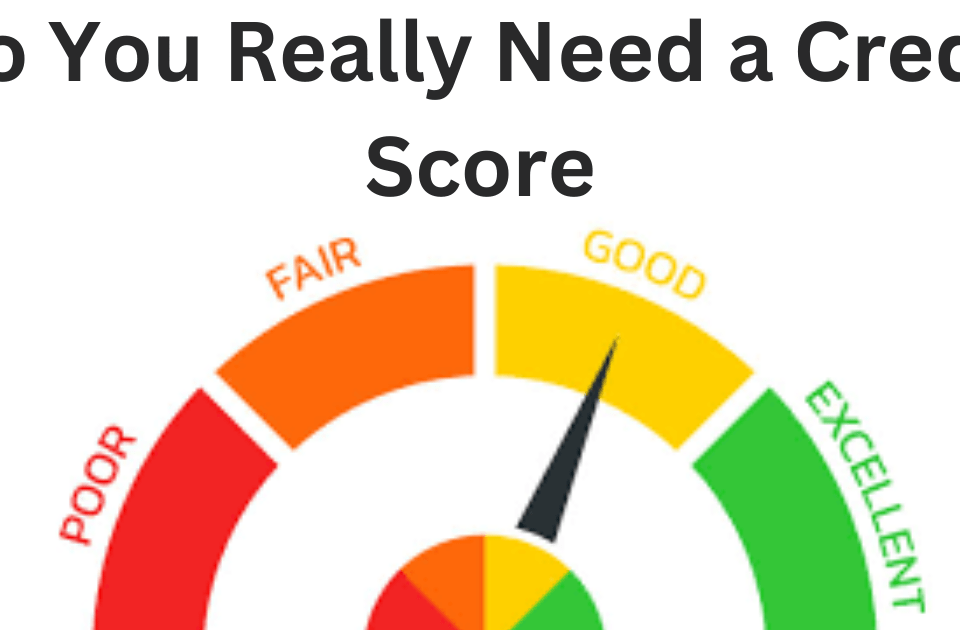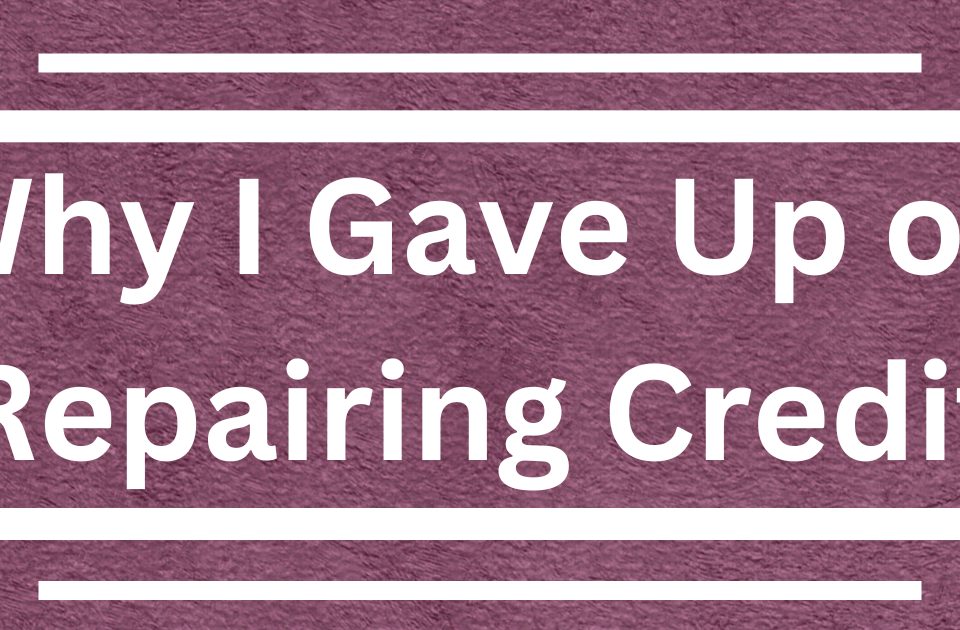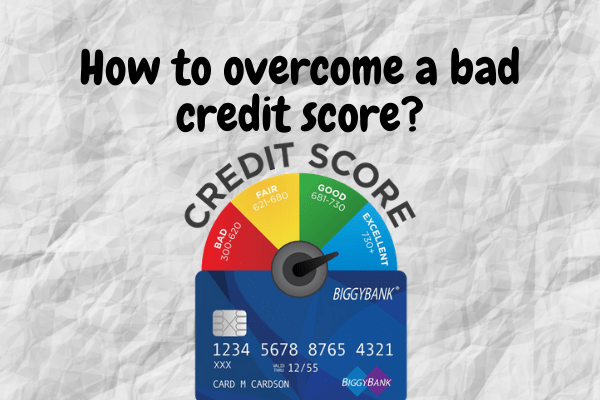How To Contact Creditors To Help With Credit Repair
How To Contact Creditors To Help With Credit Repair?
Good credit has become nearly a necessity these days. Credit has become almost essential to buying a car or a home (unless you have large amounts of cash lying around) and with the advent of online buying, it’s generally difficult to operate without some kind of credit card. Unfortunately, credit does cause problems for some people. Minimum payments on credit cards can be missed, or a loan could go into default and your credit rating will begin to slide. When you have negative activity, the creditor reports it a credit reporting agency, who then records it on your credit history. A tarnished credit report can be tough to clean up, as most negative items will remain stay on your report for seven years before they expire and are removed.
If you have bad credit history, you’ll end up dealing with previously unknown problems. You can’t rent a car or buy things online, renting property will be difficult, and getting a mortgage may be impossible. It’s important to repair your credit as soon as you notice a problem because you’d be surprised at what kind of credit repair you can accomplish by being proactive.
The first thing you should do if you fall behind in your loan payments is contact your creditor. This can be scary and many people take the opposite approach, avoiding “collection calls” out of embarrassment or even fear. Unfortunately, it’s best to deal with the problem immediately and to avoid long-term credit difficulties. Contact your creditor right away – as soon as you find you are having trouble with a debt.
Remember the solution to your credit repair process starts with your credit report, and what is on your report is what your creditor reports about you. By contacting your creditor, you may be able to discuss possible payment plans or alternative solutions. It is in the creditor’s best interests to work with you, as if you go into default, they might never get payment.
There are many reasons that you should contact your creditor immediately, but most of all, it helps to speed up the credit repair process. Once you’ve contacted your creditor, suggest a payment system that works for both for you. Be sure to propose a payment plan that is realistic for you, and stick to it. Defaulting on these payments will look to the creditor as if you were just trying to stall and avoid further payment.
When you contact your creditor about your outstanding debt, be sure to remember that it is in your best interest to convince your creditor not to report your non-payment to the credit report agency. By facing up to your payment problems, contact your creditor right away, and creating a payment system that will work for both of you, you are taking a very effective step toward credit repairing your credit. That’s all about how to contact creditors to help with credit repair. Here you can read about How To Deal With A Credit Bureau To Repair Your Credit






